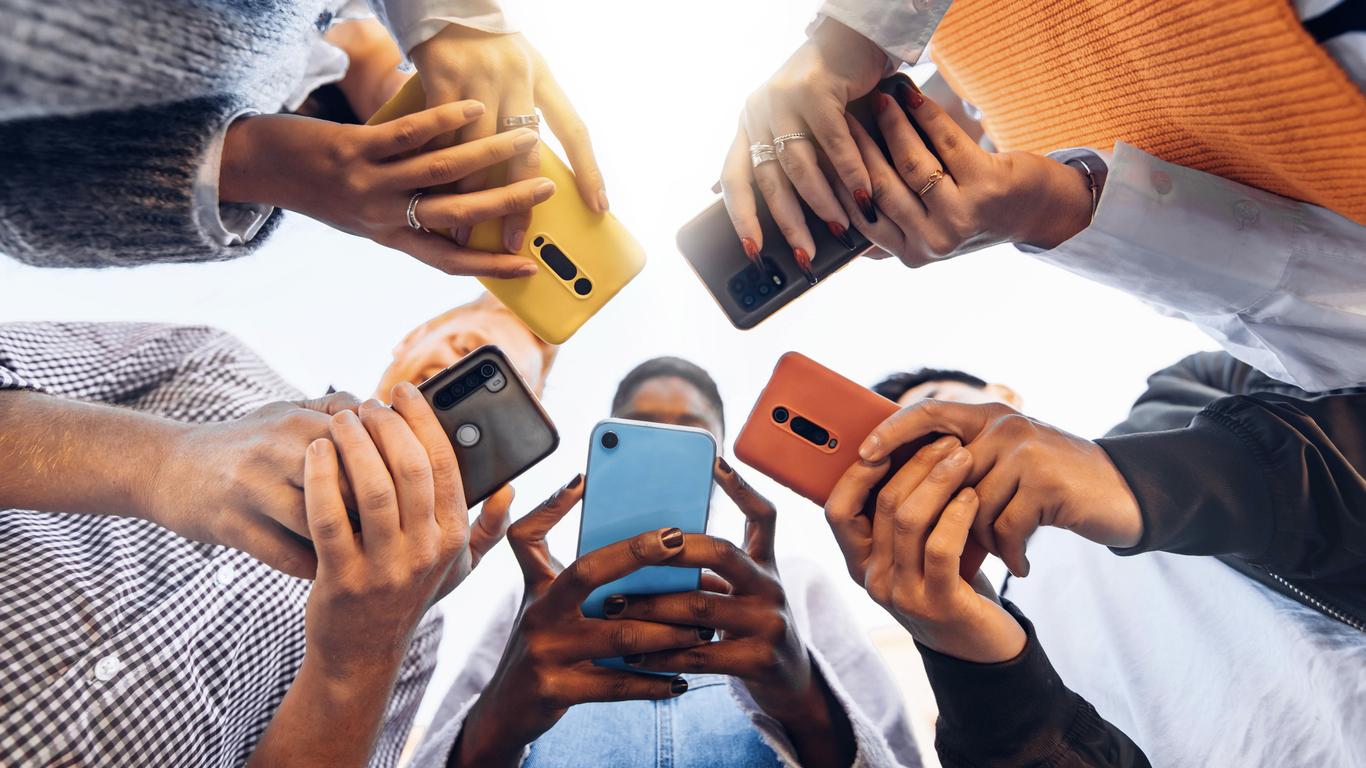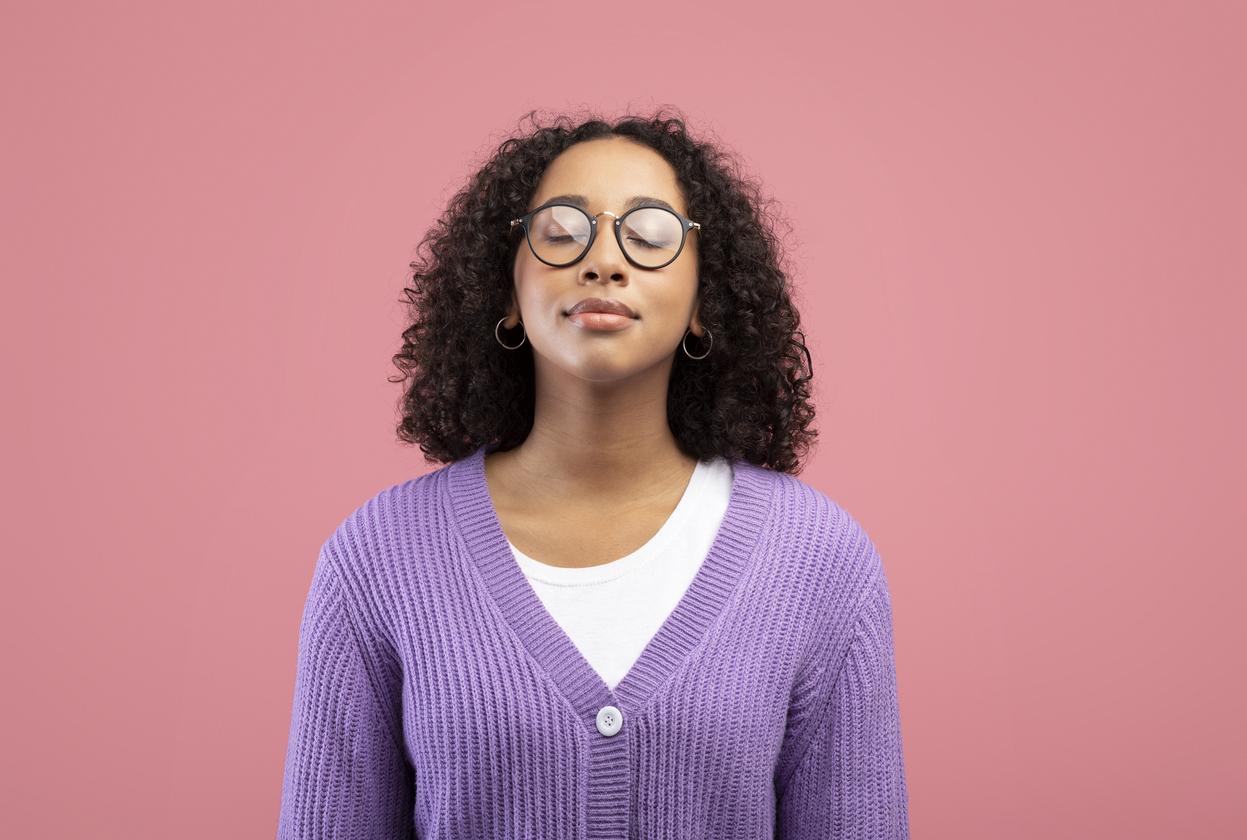A study has identified factors that increase the risk of depression in adolescents.

- Social media use doesn’t have the same impact on all teens, a new study finds.
- Certain factors may make social media riskier or more protective against depression.
- Researchers say it is necessary to adopt a personalized approach and talk to adolescents about their Internet use.
While social media is a place for some teens to share and express themselves, it can be very harmful to the mental health of others. A study published in the Journal of Adolescencewanted to understand why social media does not have the same impact on young people. The researchers then identified the factors that increase the risk of depression among young users.
Social Media: 5 Factors That Increase the Risk of Depression
To get a clear picture of what makes Instagram, TikTok, or Snapchat riskier for depression for some teens, the team surveyed 488 teens living in the United States once a year for eight years starting in 2010. The average age of participants at the start of the study was 13.
When analyzing the data, five groups emerged that differed in how self-reported duration of social media use was related to depressive symptoms. “Although high social media use was often linked to greater increases in depressive symptoms, this was not universal.”write the authors in a communicatedBy examining the specificities of each, the researchers highlighted the elements that can impact the mental health of adolescent users of the networks.
Social media use was linked to increased depression among young people experiencing:
- greater parental hostility;
- peer harassment;
- anxiety;
- a reactivity to stressors;
- less parental supervision of media.
This association was even stronger if the adolescent spent more than three hours a day there.

Teenagers and social networks: prevention involves discussion
“When considering whether social media can impact a particular teenager, it is important to take a broad perspective. If the teenager is already in a vulnerable position (being bullied or has parents who are hostile or do not monitor their child’s media), then social media is much more likely to be harmful. This is especially true if there is more than three hours of use per day.”says corresponding author W. Justin Dyer of Brigham Young University.
But social media isn’t all “danger.” In fact, for people who don’t have the identified traits, social media use may be linked to less depression or have no impact on mental health.
“If their friends and parents are warm and supportive, and parents monitor their teens’ media use, moderate social media use (less than three hours a day) can be a good thing.”confirms the expert.
For the researcher and his colleagues, it is essential to adopt an individualized approach to the use of networks by young people. In addition, prevention and discussions with adolescents about their use of the Internet are also important to reduce the possible harmful effects on mental health.
“Teens seem to benefit greatly from their parents’ guidance when navigating social media. That guidance can make all the difference.”assures the expert.
















